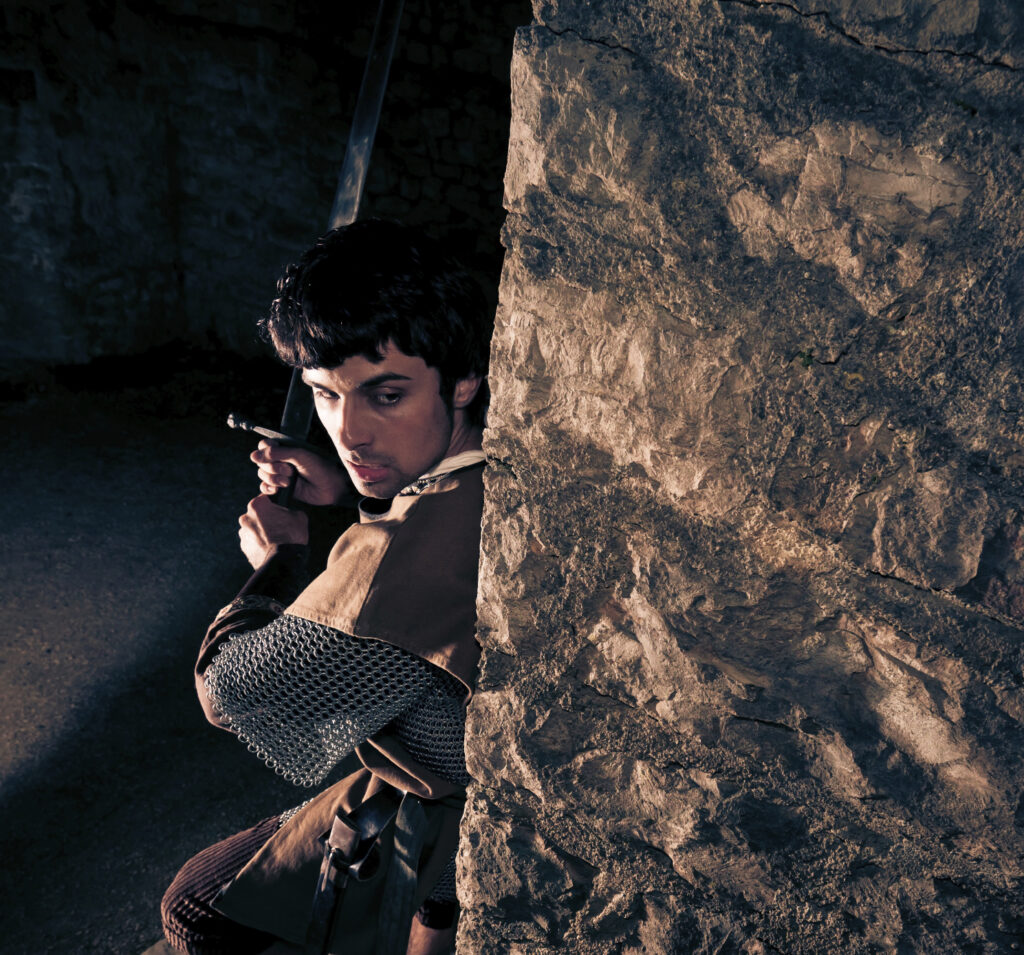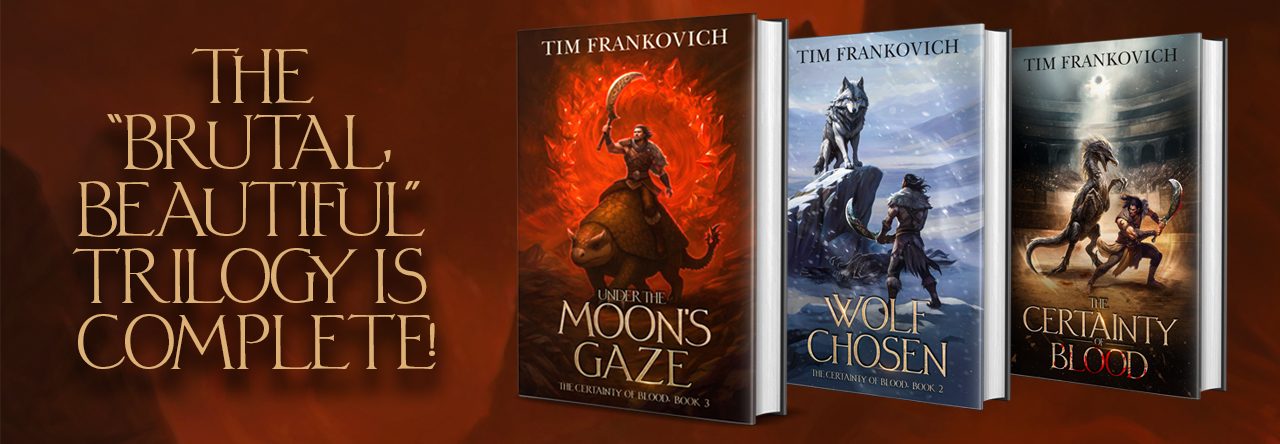
Recently, some friends recommended I watch the animated series on Netflix called Arcane. Based on the video game League of Legends, it features a wondrous world of both steampunk science and magic. The animation is incredible. The characters are fascinating and well-developed, even the minor ones. The world is a fascinating place with interesting sociological issues and struggles.
But it didn’t work for me at all. I finished the first season with a deep sense of disappointment.
Here’s my problem with it: there are no heroes. Every character who has high moral ideals ends up corrupted or dead or both. No one wins.
Am I reading it wrong? No, I don’t think I am. In an interview about the show, one of the creators said flat out: “Obviously, the story between Piltover and Zaun, it’s also super interesting, right? Because there is no right or wrong.” He went on to explain how each side in the conflict is right in their own eyes, and that’s what made it so interesting. He also talked about a certain character being “very disturbed” but there is a “motive” for the character being that way.
Most villains in good stories think they’re right. That’s part of what makes them interesting, sure. (Although stories can still be interesting with flat-out forces of evil. See: Sauron. Or even the Joker.) But my heart needs something more than misguided (and disturbed) people fighting it out.
It’s one of the same problems I have with the Game of Thrones series (among others). Every character who had high moral ideals ended up corrupted, dead, or both. “Oh, but it’s so deep and realistic!” people argue. I don’t care. My heart needs… resonance.
Last week, David Farland, a writer I considered a great teacher and somewhat of a mentor, passed away. One of the greatest things I learned from him over the past two years was the concept of resonance in writing. In fact, he wrote a whole book about it: Drawing on the Power of Resonance in Writing.
In some ways, I already “knew” this concept, but I wouldn’t have been able to explain them. Dave put it in terms anyone can understand. In short, resonance is a way of drawing power by repeating something that has gone before. In terms of stories, that means a good story will remind people of other good stories they know, OR it reminds people of their own experiences, their own powerful emotions. In the best cases, the story connects with the reader, provoking a strong reaction, because of that resonance.
One of the primary ways this happens for most people is through a hero. Not through someone who starts out super-powerful and walks into something they easily overcome. But through someone who struggles, who rises above their circumstances, not succumbs to them. In such cases, not only do our hearts resonate with the struggles, we are also inspired to be like the heroes, to rise above. We’re encouraged to be better.
Going back to the interview about Arcane, the “disturbed” character has a “motive” for being that way. Yes, because the character succumbed to circumstances, rather than rising above them. That’s how a villain is born.
I need a hero.
C.S. Lewis put it this way: “Since it is so likely that (children) will meet cruel enemies, let them at least have heard of brave knights and heroic courage. Otherwise you are making their destiny not brighter but darker.”
Stories that are solely about villains (or morally questionable people) do not inspire us. We may feel a touch of resonance for their struggles, but the feelings left behind are nothing more than “Yes, I understand how that could happen,” rather than “Wow, that was fantastic,” or “I want to be like that.” In the worst cases, those stories can drag us down, depress us.
Some people label stories with real heroes as “noblebright,” a reaction against the currently widespread “grimdark” genre. Critics of the style argue that it’s not realistic, or paints too positive of a picture. And sure, that can happen.
That doesn’t mean our stories should ignore the dark side of life. Yes, bad things happen, and they should happen in stories. Truly horrible things, even.
But if our stories only tell of people who fall prey to their circumstances, who give in to how the world treats them, what does that say about us? That we can never be greater than our circumstances? That we should just accept the labels that are thrown at us? What kind of miserable people will we be if we do that?
No. Give me stories of people who reject that belief. Give me tales of those who struggle through a weakness to become strong. Give me absolute legends who rise above their circumstances to fight for those they love and for the way the world should be.
Give me heroes.

Leave a Reply